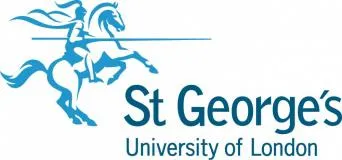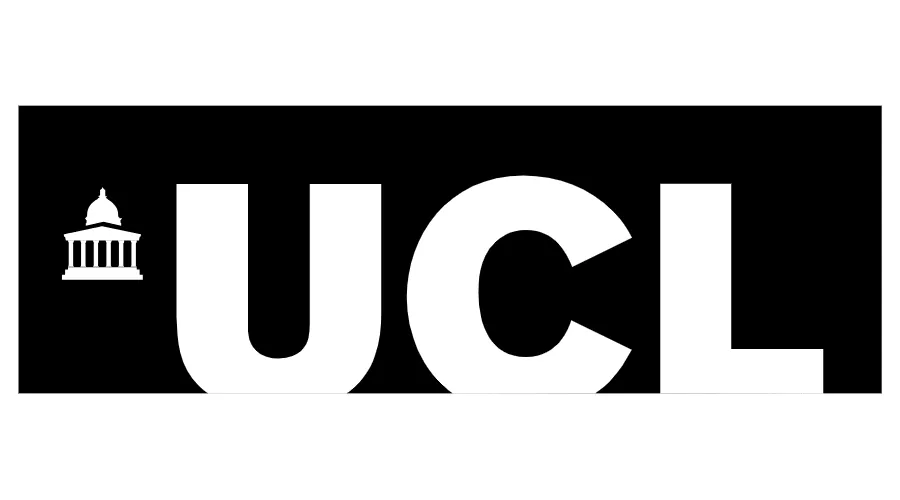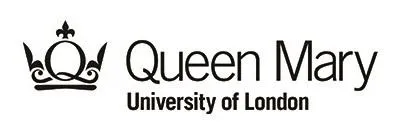The London Anatomy Office was established in the early 1980s to provide a central service for co-ordinating the donation of bodies to the London medical and dental schools. Nearly 20,000 generous and public spirited people are currently registered with the London Anatomy Office to donate their body. Each year approximately 350 donated bodies are accepted by the London Anatomy Office on behalf of the following teaching institutions:
- Anglia Ruskin School of Medicine
- Brighton & Sussex Medical School
- Canterbury Christ Church University
- Imperial College London
- King’s College London
- Queen Mary University of London
- St George’s University of London
- University College London
- University of Surrey
The London Anatomy Office is funded by, and accountable to the London and South East Committee of Anatomists (LSECA) which constitutes anatomists who are active within the nine medical schools served by the London Anatomy Office. The LSECA is accountable to the Teachers of Anatomy Trust (TOAT) and is a not-for-profit organisation which holds charitable status under the University of London. They are wholly funded by financial donations and legacies, and the medical schools which receive donated bodies. If you would like to contribute to costs incurred, please donate using the link: Donate to the London Anatomy Office - University of London, otherwise you may wish to make a cheque payable to the Teachers of Anatomy Trust or “TOAT” and send to the above address. BACS details are available on request.
Service of Thanksgiving
In acknowledgement of the generous and valuable gift of the donation of a body for anatomical examination, a service of thanksgiving is organised by the London Anatomy Office each year. The Service commemorates donors from the previous calendar year and is an opportunity to express our gratitude to family and friends for the generous gift of the donation of their loved one's body.
In May 2026, we will be celebrating the people who donated during 2025 at our annual Service of Thanksgiving, which is held at St Georges Cathedral, London, SE17 7HY. Date to be confirmed early 2026.
London Anatomy Office Privacy Notice
The London Anatomy Office supports the work of the Teachers of Anatomy Trust which is part of the University of London. We are registered as a controller with the Information Commissioner’s Office [notification number is Z5419651] and have a Data Protection Officer, Suzie Mereweather who can be contacted via data.protection@London.ac.uk. You can find out more about us on our website at London Anatomy Office | King's College London
One of our responsibilities is to tell you about the different ways we collect and use your personal data. This statement provides details about these uses. In addition to this statement, you may be given further information about the uses of your personal data when you engage with us in certain other ways. It is important that you read this notice, and any other notice we provide you with when we collect or use personal data about you, so that you are aware of how and why we are using this information.
Download our London Anatomy Office Privacy Notice (pdf).
Our Partners

Anglia Ruskin University

Canterbury Christ Church University

King's College London and Affiliates

St George’s University of London

University College London
University of Surrey
Contact us
If you would like to receive information on body donation, please contact:
London Anatomy Office
4th Floor Henriette Raphael
King's College London
Guy's Campus
London SE1 1UL
Our telephones are answered between 1000-1600 Monday to Friday. If you call between these hours and you hear the answerphone it may be that we are on the telephone so please leave a message. It you call outside of these hours please leave a message and we will return your call at our earliest opportunity. We are not open weekends or bank holidays.
Notifying us of a death
Next of kin seeking to notify the London Anatomy Office of the death of a potential donor should telephone or email the office as a matter of urgency using the above contact details. Please download this pdf file for details of the Procedure to be followed by next of kin or executor in the event of the death of a potential donor.



